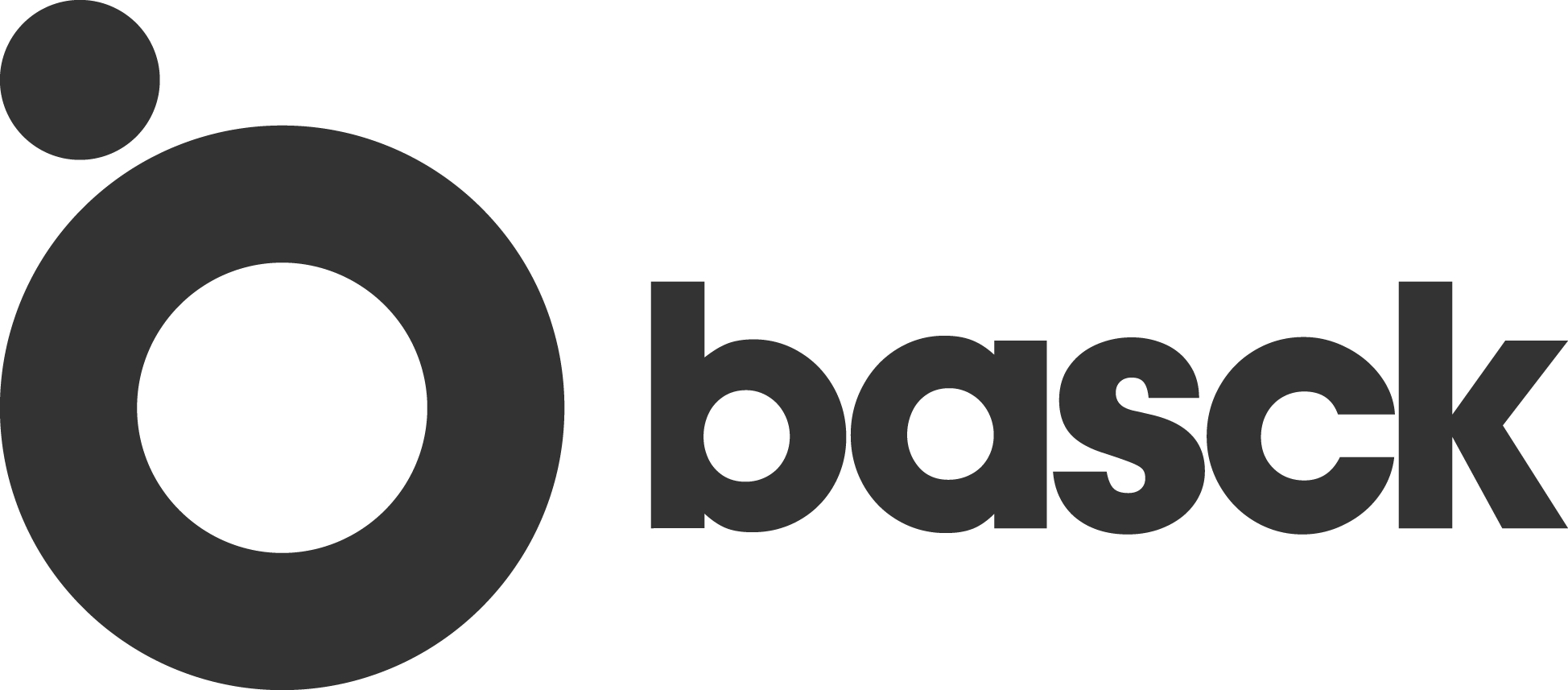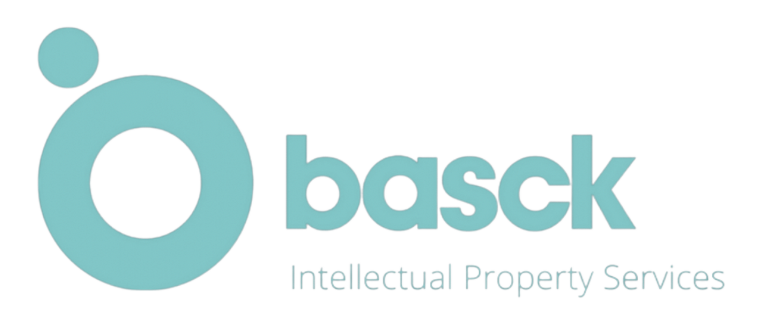Summary of decision no. O/011/20 dated 09 January 2020 issued by the UK Intellectual Property Office in trade mark opposition no. OP000409694, in which we represented one of our Clients – Cambridge Spark Ltd
You can find the full text of the decision here.
Background
On 23 March 2017, Cambridge Spark Ltd applied to register the trade mark (UK00003220699):

in respect of the following goods and services:
in Class 9: Training software; Training manuals in the form of a computer program; Training guides in electronic format; Training manuals in electronic format.
in Class 41: Education and training consultancy; Arranging and conducting of educational discussion groups, not on-line; Arranging and conducting of competitions [education or entertainment]; Academies [education];Academy services (Education -);Academy education services; Arranging and conducting of educational courses; Arranging and conducting of educational events; Arrangement of conventions for educational purposes; Education and training services; Arranging and conducting educational conferences; Education in the field of data processing; Arrangement of seminars for educational purposes; Education services relating to vocational training; Education services relating to computer systems; Arranging and conducting of educational seminars; Adult education services; Advisory services relating to education; Education in the field of computing; Education in the field of computing science; Education, teaching and training; Education services relating to the application of computer software; Arrangement of conferences for educational purposes.
On publication, the Chancellor, Masters and Scholars of the University of Cambridge filed an opposition under:
- Section 5(2)(b) of the Trademarks Act 1994, relying on identity or similarity between the mark applied for and its earlier CAMBRIDGE marks and between the goods and services;
- Section 5(3), claiming University’s reputation in the word ‘Cambridge’; and
- Section 5(4)(b), claiming goodwill.
The UKIPO decision issued on 09 January 2020
The UKIPO rejected the opposition on all grounds in respect of all goods and services Cambridge Spark applied for.
The similarity of marks
The hearing Officer considered the marks to be visually similar to a low degree, phonetically similar to a medium degree and not similar conceptually.
The University’s reputation in the Cambridge name
The University filed its list of associated companies to show that it had an extensive reputation, however, over half of those listed did not have the term “Cambridge” within their title but were located within either Cambridge City and /or Cambridgeshire. The others which did have “Cambridge” within their title would not necessarily be known to be associated with the University but considered to be merely located within the city and/or county. In the Officers opinion, this shows a low degree of inherent distinctiveness of the Opponent’s marks comprising exclusively of the word CAMBRIDGE.
Distinctiveness of the “Cambridge” mark
In regard to the distinctiveness of the earlier mark, the hearing Officer held that in respect of the type of goods and services concerned in the case the term “Cambridge” is not distinctive as it is well known that a number of research bodies, not all linked to the University, are based there.
Further, the hearing Officer held that indeed, the University has got a world-wide reputation, however, not to the extent claimed. Therefore, the University can benefit from an enhanced degree of distinctiveness through use in relation to the “electronic publications, downloadable; printed publications in electronically readable form; examination and assessment” in class 9, the whole of its class 16 specification as registered and “providing of graduate and postgraduate education” in class 41, and that the University does not enjoy reputation in respect to all kinds of education.
The average consumer and degree of attention for education and training
In regard to the level of attention the average consumer will display when selecting the goods and services, the Officer held that the average consumers, even considering they are the public at large, will pay an above average degree of attention (or higher) when selecting the goods and services at issue. That is because, particularly in more specialised subjects or topics, the consumers will pay an above average level of attention when selecting the goods so as to ensure they meet their criteria for personal improvement. An employer selecting training goods or courses for use by its employees is, if anything, likely to pay an even higher level of attention so as to meet its obligations to ensure that its employees have the requisite skills or can improve their existing skills, thus boosting their worth to the employer. When a consumer is seeking training materials or a course for himself or employees care will be taken to ensure that it is the correct (in terms of subject and level) type of training and is compiled or carried out by a competent body with the necessary accreditation. Given the differences in the marks of the two parties and all the other factors outlined above, even allowing for the concept of imperfect recollection, there is no likelihood of consumers being confused, directly or indirectly, into believing that the goods and services applied for and provided by the applicant are those of the opponent or provided by an undertaking linked to it.
Broad description of goods and services
The Officer also pointed out that the very broad description of the University’s marks, i.e. “education” would be unsustainable if a revocation action were filed or proof of use was applicable. This might be particularly interesting to anyone up to date with the CJEU decision Sky v. SkyKick [Case C 371/18], issued a month later, on January 29, 2020.
Unfair advantage and “link” in the minds of the consumers
The Officer further determined that the “link” formed in the minds of Cambridge Spark’s consumers will affect their economic activity as the process of purchasing taring materials or courses will involve ascertaining the credentials of the supplier and thus reveal that the applicant is not connected to the opponent.
The opposition was rejected entirely on all grounds as not only the Officer did not consider there to occur a likelihood of confusion, but also that there is no unfair advantage, or any harm done to the University’s reputation by Cambridge Spark’s use of the mark.
Appeal
The University filed an appeal to the above decision. The Appointed Person upheld the original decision in its entirety.
Our comment
The hearing Officer’s decision is a reminder that the description of goods and services shall be examined carefully and in great detail in order to assess the level of inherent and enhanced distinctiveness of the mark but also when assessing the owner’s reputation.
The decision also confirms that the fact that the average consumer is the public at large does not preclude higher than average degree of attention of such consumer when purchasing the goods or services bearing the mark.
The current decision, which followed the Cambridge Neurotech decision issued in December 2019 (O/003/20) certainly opens a discussion on the scope of trade mark protection that shall be sought and granted for the geographical names.
Cambridge Spark was represented in this case by Christian Bunke and Agnieszka Musial from the Basck team.


